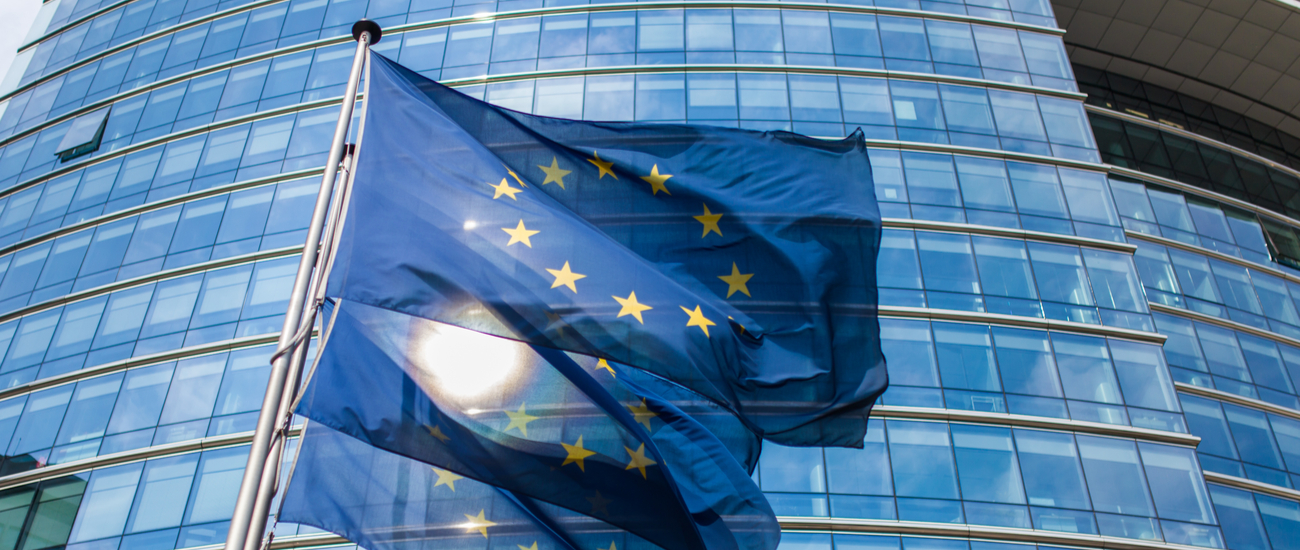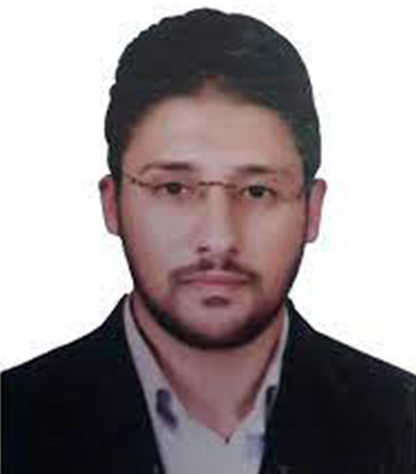French President Emanuel Macron’s policy towards the Middle East is expected to become further invigorated while France assumes the presidency of the EU, during the first six months of 2022. This is not only due to the impact regional developments have on European interests and security, including terrorist attacks and waves of migration, but also to President Macron’s objectives in establishing European and French stances that are independent of the US.
President Macron outlined some of these objectives, which are tied in some cases to France’s interests in the Middle East, last December. He stressed France wishes to establish a framework of European strategic sovereignty, to affirm that “ We Europeans, whether we are in NATO or not………, share common interests and have common objectives”. This insistence on European sovereignty implies a more active European foreign policy in areas of vital interest to Europe, including the Middle East.
The French president is also focusing on developing deeper European relations with Africa, especially in economic and financial terms, highlighted by the EU-AU summit due to take place the 17th and 18th of February in Brussels. This is likely to give French foreign policy in the Middle East more momentum as well. The geographic proximity of the two regions positions some Middle East countries as an important gateway to improving French African relations.
President Macron also highlighted the importance of protecting Europe’s borders, for security reasons and to prevent a replay of the tragic events related to the huge influx of refugees. He proposed certain measures, including the reform of the Schengen system, and expanded cooperation with countries of origin for immigrants, as well as transit countries from which they pass to come to Europe, in order to combat human traffickers. Such measures require the cooperation of countries in the Middle East.
As France cannot ignore engaging with the Middle East during its presidency of the EU, this is likely to impact its own policy towards the region in a number of was, including:
A higher French profile: France will likely attempt to regain what it regards as its standing in the Middle East during its presidency of the EU. President Macron, since assuming power, has repeatedly stressed the need to return France to its rightful place in world affairs, despite the obstacles it faces in this respect.
Prioritizing the refugee crisis: This issue is likely to be the most important o item on the agenda during France’s leadership of the EU, as the massive influx of Middle Eastern refugees has had a wide-ranging impact on Europe. Macron has stressed on several occasions that the EU must tackle this crisis head-on, including during a December meeting with the Visegrad Group. He declared that the countries in this group, who share with France a tough stance on immigration, are in agreement that the Schengen system must be reformed, that Europe’s outer borders must be better protected, and that refugees that have not been granted asylum should be returned to their own countries.
The French president will therefore work during France’s presidency of the EU on reaching a consensus among EU states on the issue of migration, and to achieve agreements with countries of the Middle East regarding specific measures to control this matter. Macron may also seek to use achievements he makes regarding this issue to bolster his position against competitors in the upcoming French elections next April.
Reducing tensions with Algeria: Tensions have been high between France and Algeria lately, following Macron’s questioning of the existence of an Algerian nation prior to French colonization. Algeria in turn last October withdrew its ambassador from France for consultations in protest, and openly criticizing the French president. France has attempted to overcome this crisis, sending positive signals that it wants to open a new page in its relations with Algeria. This included a visit in December by French Foreign Minister Jean-Yves Le Drian, during which he met with Algerian president Abdelmadjid Tebboune. In that context, France is likely to work on reducing tensions with Algeria, and other countries in the region, during its presidency of the EU.
Playing the role of mediator: The EU presidency might enable France to expand on its role in mediating some important Middle East issues, including the Iranian nuclear program and the Lebanese crisis. France played a crucial role in helping to maintain Lebanon’s stability, and this role is likely to remain important as political and economic problems mount, and the government of Najib Mikati continues to be in danger of collapsing. France remains eager to see another nuclear deal being struck as soon as possible with Iran, to prevent any further advancement of the Iranian nuclear capabilities. France last December condemned Iran’s launching of a Ballistic missile into space, which took place while the eighth round of negotiations on the nuclear deal resumed in Vienna, indicating that this was a breach of UN laws.
Enhancing French economic interests in the region: France will seek to expand European cooperation with the Middle East on the economic front, thereby enhancing its own economic interests as well. The region provides France with significant economic opportunities, and is one of the top importers of French weaponry. French companies have also expanded their activities in several regional countries, including Iraq, Morocco, and Algeria.
Pressuring Turkey: Despite the thaw in relations between Turkey and France of late, tensions have characterised their relations due to several factors. These include Turkey’s use of the refugee issue to exert pressure on European countries, including France, which has opposed Turkish membership in the EU. France has also criticized Turkish interventions in Syria and Libya on several occasions. France may therefore attempt to mobilize pressure from Europe on Turkey during its presidency of the EU, in order to contain Turkish influence in the Middle East.
The general trajectory of French policy in the Middle East is unlikely to materially change during its presidency of the EU, but it will gain added momentum, in view of President Macron’s ambitions for achieving enhanced French stature on the international arena. Successes on the international scene would also serve to bolster the president’s chances in the upcoming elections.


